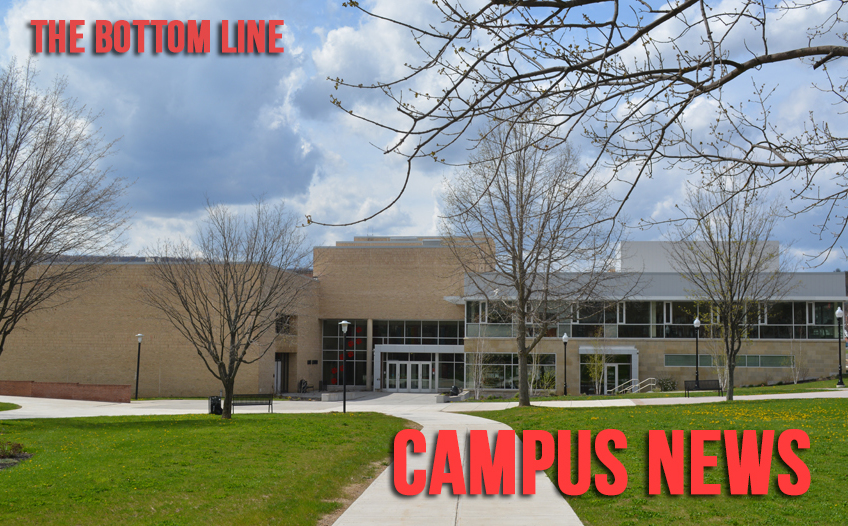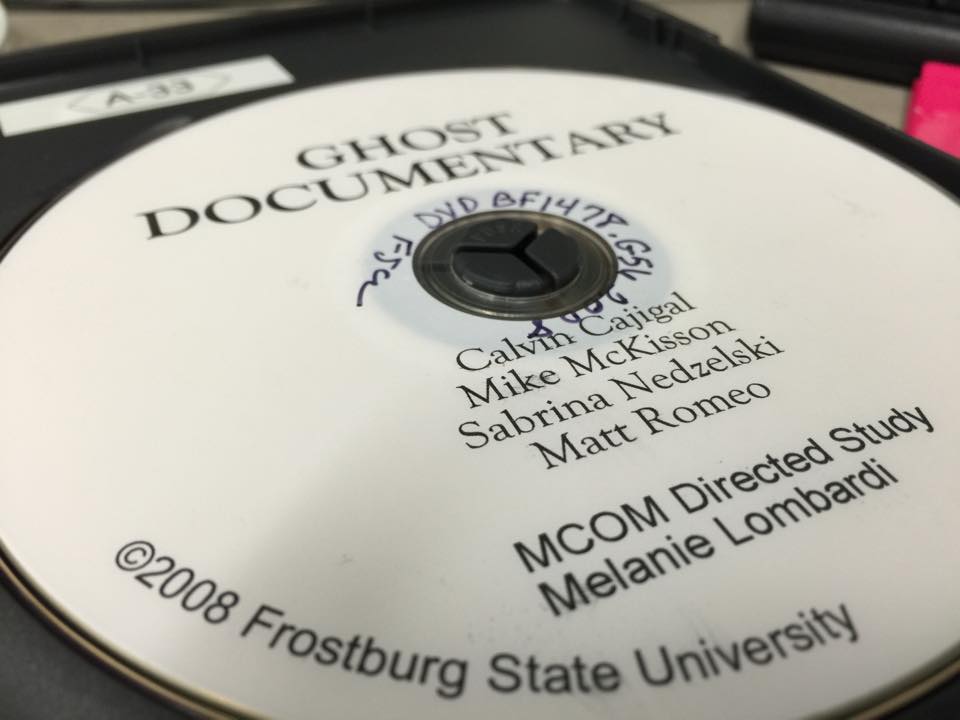MHEC Student Advisory Council Addresses Sexual Assault Policies
On Saturday, November 7, Frostburg State University hosted the monthly meeting of the Student Advisory Council of the Maryland Higher Education Commission, also known as MHEC. The meeting was held in room 397 of the Gira Center from 10 am to 2 pm. Institutional polices on cases of sexual assault, Title IX, and dual-enrollment programs between colleges and high schools were discussed.
MHEC is a Maryland agency, led by a board of commissioners, which coordinates and oversees the policies and practices of all institutions of higher education within the state. The Student Advisory Council was founded in 1988 and it’s website explains it’s purpose as “to advise the Maryland Higher Education Commission (MHEC) on the concerns, perspectives, and experiences of students attending Maryland institutions.”
MHEC works with all types of institutions of higher education. This includes technical schools, two-year community colleges, four-year private institutions, and four-year public institutions such as FSU. The meeting held Saturday in the Gira Center demonstrated this diverse coalition. Student representatives from the University of Maryland, College Park, Fredrick Community College, Johns Hopkins University, and several other institutions were in attendance.
The meeting began with welcoming remarks by Dr. Tom Bowling, Interim President of Frostburg State University. Formerly FSU’s Vice President of Student Affairs, Bowling praised the student representatives on their commitment to serving their respective institutions. In his remarks, Bowling said that personal growth and professional success, in the long run, can be greatly attributed to experiences student have outside the classroom. He cited the representatives’ work with MHEC as a prime example of these experiences.
The primary topic discussed by the council was the policies on the books at Maryland institutions concerning sexual assault. Many federal laws, most notably Title IX, the Campus Sex Crimes Prevention Act, and the Clery Act, lay out mandates and guidelines for policies dealing with sexual assault on college campuses. The United States Department of Education’s Office of Civil Rights enforces these statutes. This is the same office that publishes open “Dear Colleagues” letters directing the interpretation of federal laws involving sexual assault policies.
However, on the state level, the Maryland legislature requires only that institutions of higher education have a sexual assault policy in place. There is no concrete state statue that lays out specific policies and practices that must be developed by individual colleges. Therefore, MHEC as a body has little means by which to enforce changes necessary when policies concerning sexual assault are not adequate to protect students.
On Saturday, many members of the Student Advisory Council voiced support for a prospective recommendation by the council to the Maryland legislature. That recommendation would, in theory, ask the Maryland General Assembly to establish basic policies and practices that Maryland institutions of higher education must put in place regarding campus sexual assault.
The Student Advisory Council also expressed the importance of ensuring any proposed statewide sexual assault policy be developed with a high level of student input. It is likely that if the council moves forward with this policy recommendation, it would cooperate with MHEC’s Director of Legislative Affairs, Lee Towers.
The student representatives then took some time to compare the sexual assault polices in place at their respective institutions. These policies cover everything concerning sexual assault on campuses, from reporting and investigating cases to the disciplinary process for offenders. Frostburg State University recently released a new series of interim sexual assault polices, which can be found on the FSU website.
The Student Advisory Council and MHEC are working together to plan a forum on campus sexual assault sometime during the spring 2016 academic semester. At Saturday’s meeting, the representatives expressed their hope that this forum will continue to promote the creation of the best possible policies and practices for preventing cases of sexual assault.
Other topics discussed at Saturday’s meeting included the Maryland Youth Advisory Council and dual-enrollment programs. MYAC is a group of young men and women who recommend public polices aimed at helping Maryland youth. The MHEC student representative from Prince Georges Community College, Antonio Morrell, serves on MYAC, and four more college students will be appointed to it by MHEC.
Many Maryland institutions offer dual-enrollment programs with local high schools that allow students to earn college credit while completing the requirements for a Maryland high school diploma. The Student Advisory Councils expressed plans to advocate for more state funding and support for these programs, which can greatly reduce the cost of a college education for students. Nattie Chan, the MHEC student representative from the Community College of Baltimore County, presented the successful dual-enrollment program in place at her institution.
Frostburg State University’s Student Advisory Council representative, Nick DeMichele, considered the meeting a success. DeMichele, who also serves on the council’s executive board as the section chair for public four-year institutions, stressed the importance of FSU’s participation in the meeting saying “MHEC provides a unique opportunity for student representatives from both public and private colleges across the state to pursue student-led legislative and institutional initiatives for the benefit of dozens of student bodies.”
Jack Bartholet, the Executive Chairperson of the Student Advisory Council and the representative from Johns Hopkins University, ran Saturday’s meeting. A senior studying political science who also serves as the President of the Student Government Association at JHU, Bartholet described how he saw the mission of council. He stated, “Generally, we want to support the ability of students at Maryland institutions of higher education to have productive educational experiences and be financially and programmatically supported by the state and MHEC.”
The next meeting for the MHEC Student Advisory Council is planned for Saturday, December 5 at the University of Baltimore. Topics expected to be on the agenda for that meeting include the introduction of a new liaison between the Student Advisory Council and MHEC, discussion of the MHEC legislative agenda for the Spring 2016 session of the Maryland General Assembly, and a review of the council’s bylaws.





534 Comments